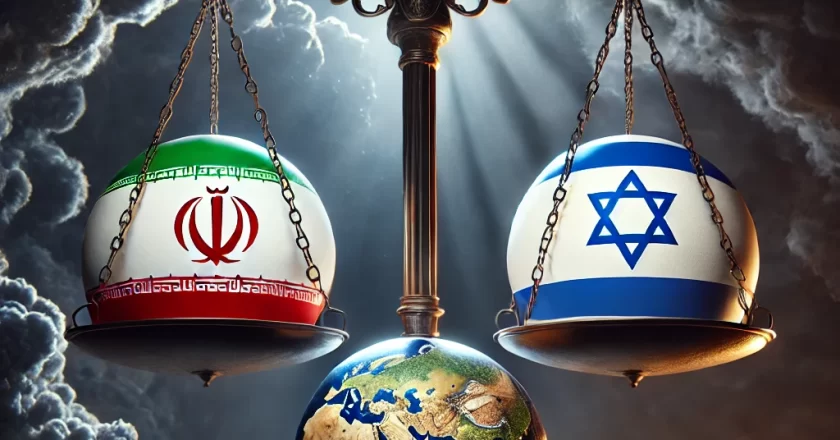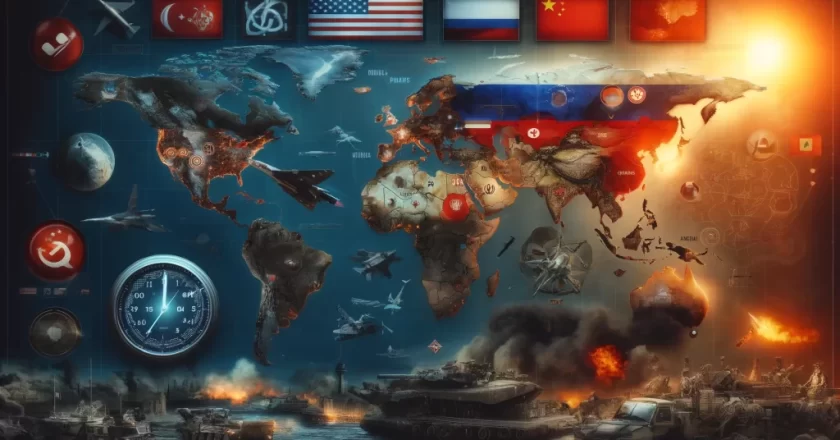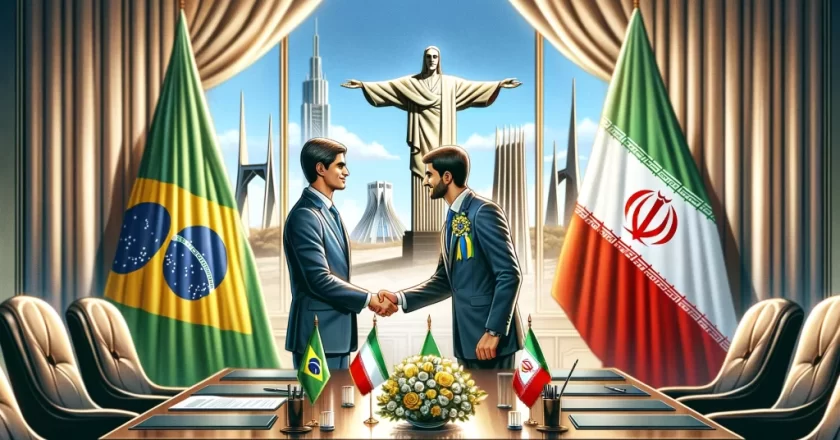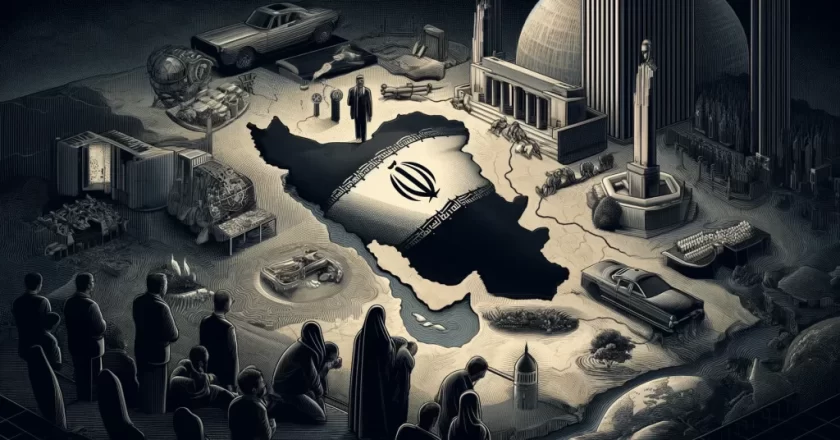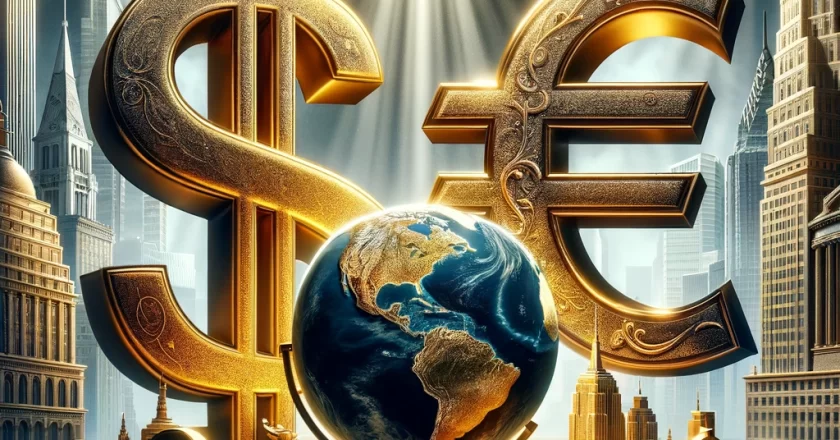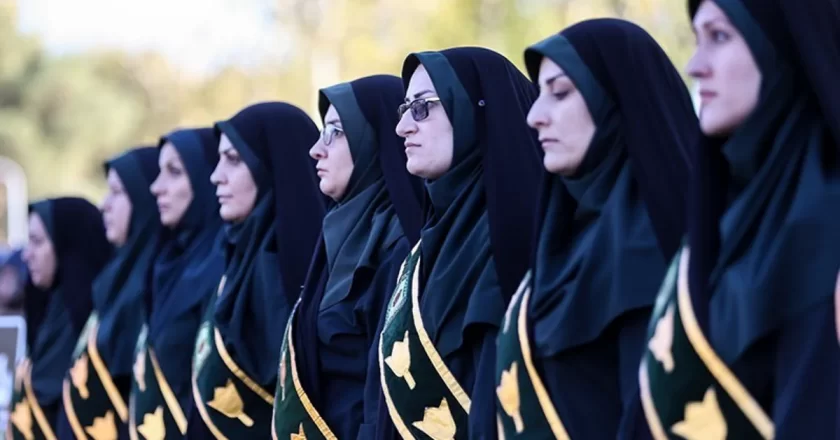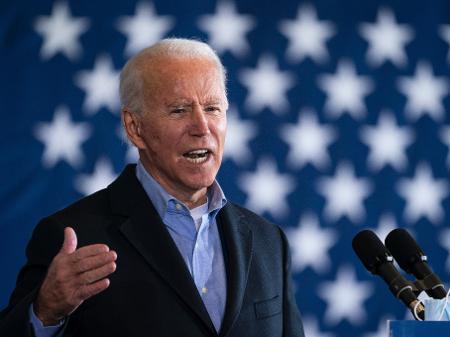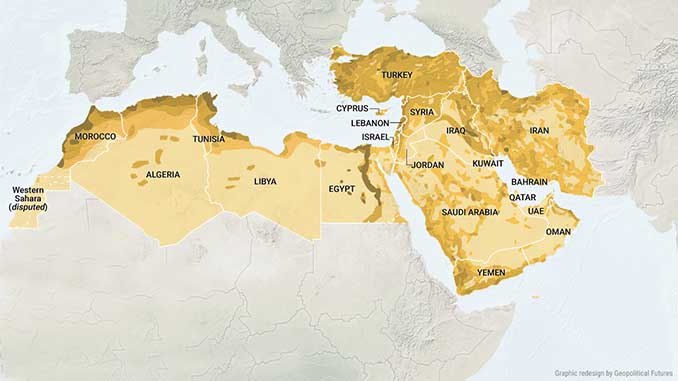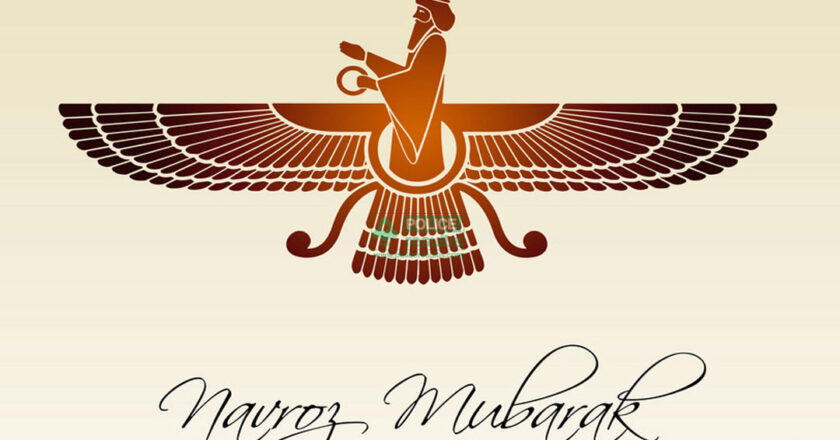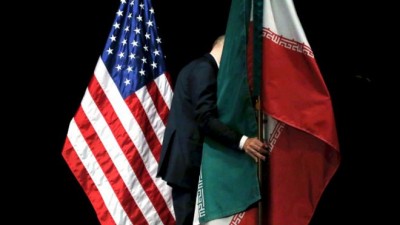Double standards in global politics: the dilemma between Iran and Israel
Iran's Foreign Minister's recent statement, classifying as hypocritical the position of the so-called "Group two 3" – made up of the United States, United Kingdom and France – in relation to a possible Iranian attack on Israel, reveals a deep tension in international relations and the recurring practice of double standards in global politics. The minister criticized the fact that these countries asked Iran to refrain from attacking Israel, without making the same request for Israel to stop its attacks and aggressive policies against the Palestinians. This type of criticism is not new, but gains relevance in times of high tension in the Middle East.
Iran's position is based on the perception that there is unequal treatment for situations that, from their point of view, They are essentially....

